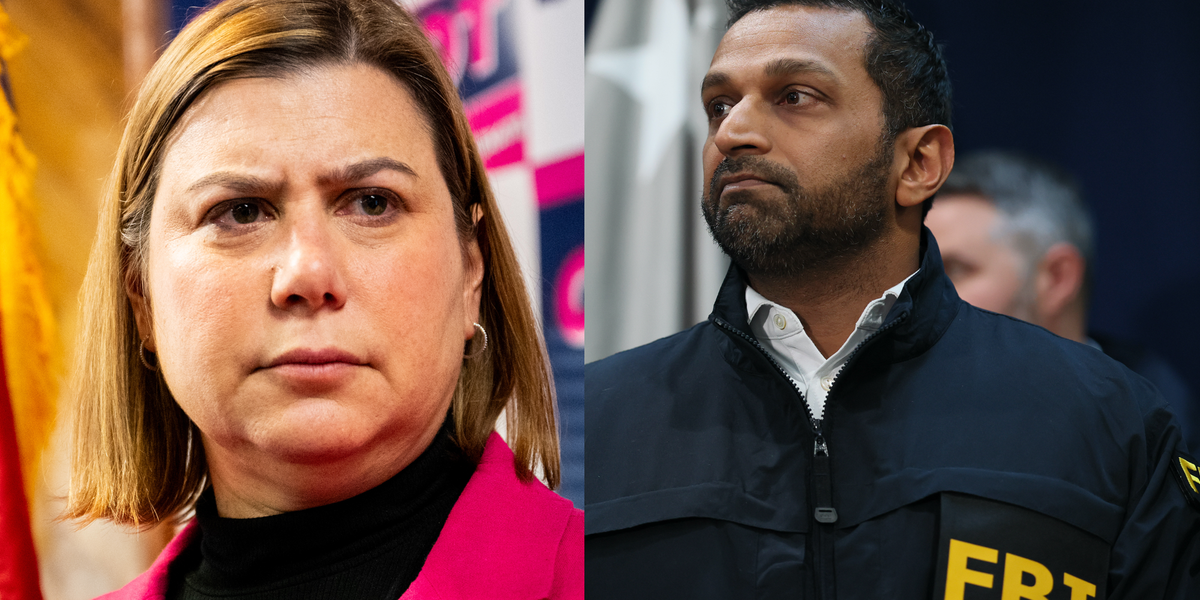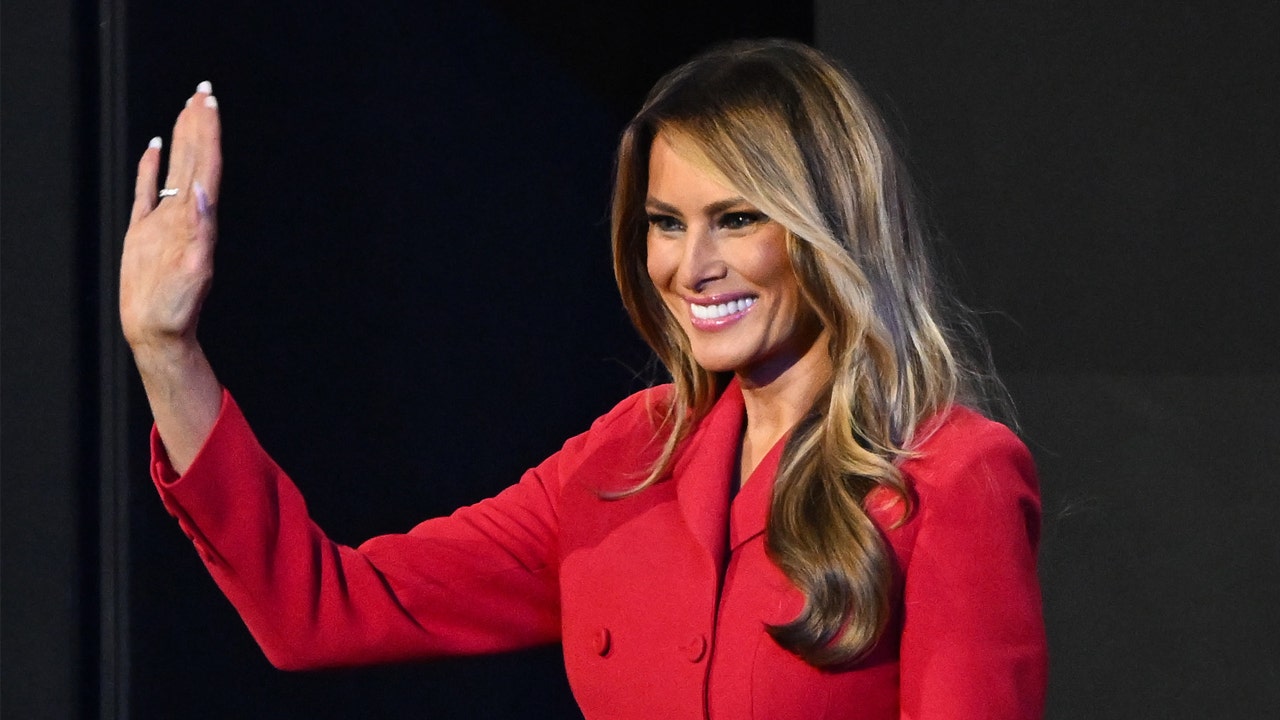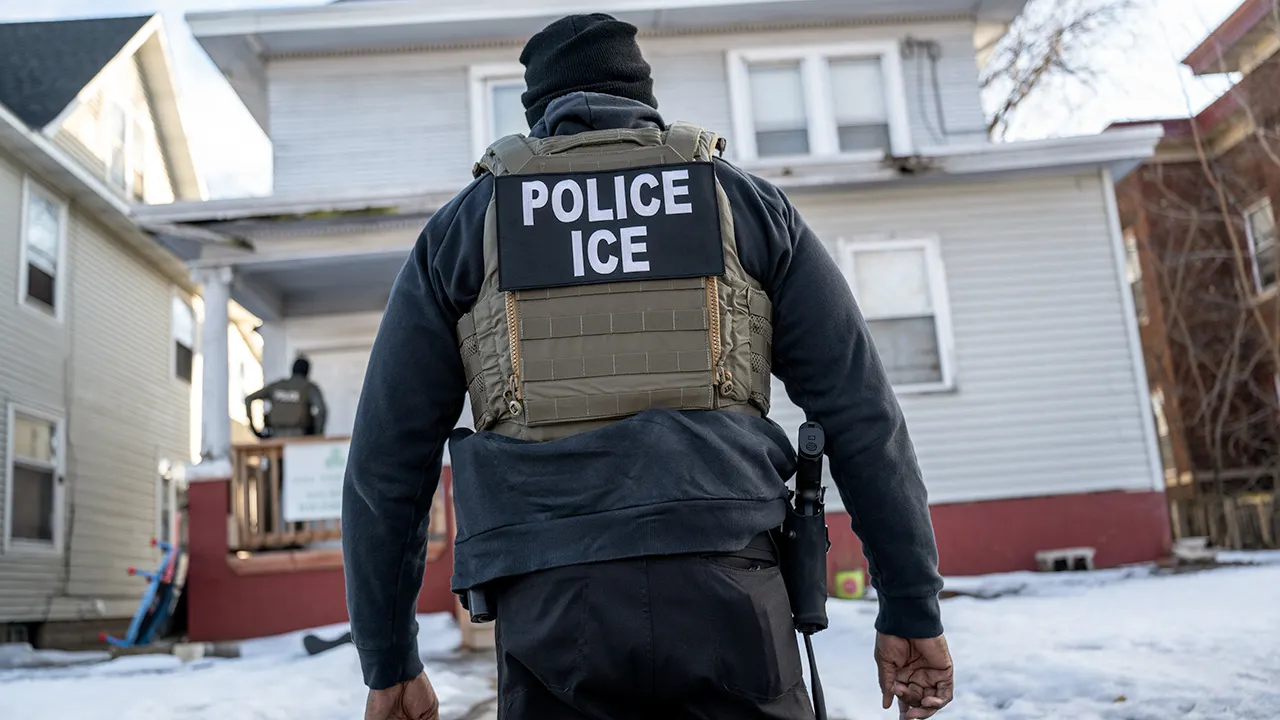As Beege described last week, the new Prime Minister of Japan had a great meeting with President Trump in October which was quickly followed by a war of word between China and Japan over the fate of Taiwan.
Japanese Prime Minister Sanae Takaichi sparked a diplomatic spat with China over remarks last week that a hypothetical Chinese attack on democratically-ruled Taiwan could trigger a military response from Tokyo.
Until now, Japanese leaders have avoided mentioning Taiwan when publicly discussing such scenarios, maintaining a strategic ambiguity also favoured by Tokyo’s main security ally, the United States.
Her remarks triggered a threatening post from a Chinese diplomat in Japan, while Beijing lodged a formal protest against what it said was blatant interference in its internal affairs.
China has absolutely flipped out over this as it represents a clear challenge to their plan for reunification by force with Taiwan. Since last week the spat has only escalated.
Beijing has halted seafood imports from Japan, canceled concerts in China by Japanese performers, halted many flights to Japan and discouraged Chinese tourists and students from visiting Japan. Three Chinese warships sailed past a Japanese island four days after Ms. Takaichi’s remark, and four Chinese armed coast guard ships have since passed close to Japanese-administered islands north of Taiwan. And China has asked the United Nations to distribute a strong criticism of Ms. Takaichi’s remark to member countries.
On Sunday, Japan’s defense minister visited a military base on Yonaguni island, the western most island belonging to Japan. This island is located just 70 miles east of Taiwan. In fact, it’s closer to Taiwan than the Chinese mainland. Here’s a map.
NEW: Japan will deploy medium-range missiles to Yonaguni Island, just 110 km from Taiwan, as part of a broader military buildup aimed at deterring China.
Source: Bloomberg pic.twitter.com/nK1z3W3HjA
— Clash Report (@clashreport) November 23, 2025
As the tweet indicates, the purpose of the visit to Yonaguni was to announce that Japan would move forward with plans to deploy a medium-range missile system to the island.
Japanese Minister of Defense Shinjiro Koizumi, visiting a military base close to Taiwan, said plans to deploy missiles to the post would move forward as tensions smolder between Tokyo and Beijing.
“The deployment can help lower the chance of an armed attack on our country,” Koizumi told reporters on Sunday as he wrapped up his first trip to the base on the southern Japanese island of Yonaguni. “The view that it will heighten regional tensions is not accurate.”
Former Japanese minister of defense Gen Nakatani in January said that Tokyo wanted to base Type 03 Chu-SAM missiles on Yonaguni, but little progress has been made so far. The truck-launched missiles are designed to counter air threats up to 48km away.
Apparently, the plan to place these missiles on the island has been around for a while but the fact that Japan is moving ahead with it at this point is definitely meant as a signal to China. The missiles in question have a very limited range and can’t even reach Taiwan, much less any actual Chinese territory, but they could still present a problem for a Chinese invasion plan which might include ships on the east side of Taiwan and Chinese jets overhead.
On Monday, Mao Ning, a spokeswoman for China’s foreign ministry, criticized Japan’s missile-deployment plans.
“Japan’s deployment of offensive weapons in southwest islands close to China’s Taiwan region is a deliberate move that breeds regional tensions and stokes military confrontation,” she said. “Given Japanese Prime Minister Sanae Takaichi’s erroneous remarks on Taiwan, this move is extremely dangerous and should put Japan’s neighboring countries and the international community on high alert.”
Nothing about this is dangerous to China unless they try to invade Taiwan. In any case, Xi Jinping made a call to President Trump yesterday seeking his help in dealing with Japan.
Mr. Xi reached out to Mr. Trump because a Japanese leader is taking her country’s strongest stance since World War II to assert that Taiwan’s security is also Japan’s security. While that has long been apparent to military planners, given Taiwan’s proximity to southern Japan — and also to U.S. bases there — Japan’s new strategic posture has alarmed Beijing’s leaders…
President Trump, apparently relishing his role being sought after by Japan and China, had a phone call with Ms. Takaichi hours after his conversation with Mr. Xi. Mr. Trump avoided tipping his hand publicly on whether he would yield to Chinese pressure to shift decades of American support for Taiwan, saying only that he planned to travel to Beijing next April.
Trump might be able to get some trade concessions out of China in exchange for a soft rebuke of Japan. On the other hand, he seemed to have a real connection with the new Japanese PM and has been involved in maintaining freedom in the South China Sea including by partnering with the Philippines.
In any case, the decision about deploying the missiles is really up to Japan. Unless Trump can offer Japan something of value for giving in to China’s demands, they have no reason to fold. Polls also suggest the Japanese people support their new PM’s decision to take a tougher stance against China’s arrogant approach to the region. So for now the message to China is pound sand. We’ll see what develops between now and Trump’s visit to China in April.
Editor’s Note: Do you enjoy Hot Air’s conservative reporting that takes on the radical left and woke media? Support our work so that we can continue to bring you the truth.
Join Hot Air VIP and use the promo code FIGHT to get 60% off your VIP membership!
Read the full article here







![Stephanopoulos Tries to Defend Don Lemon Storming a Church, Blanche Destroys Him in Seconds [WATCH] Stephanopoulos Tries to Defend Don Lemon Storming a Church, Blanche Destroys Him in Seconds [WATCH]](https://www.lifezette.com/wp-content/uploads/2025/08/2025.08.06-01.51-lifezette-68935dc5d7971.jpg)


![Obama Is Big Mad That ICE Is Enforcing the Same Laws He Bragged About Enforcing [WATCH] Obama Is Big Mad That ICE Is Enforcing the Same Laws He Bragged About Enforcing [WATCH]](https://www.lifezette.com/wp-content/uploads/2024/10/2024.10.17-02.54-lifezette-67112518c09bc.jpg)

![Epstein Exposes the Bankster Fraud We All Live Under [WATCH] Epstein Exposes the Bankster Fraud We All Live Under [WATCH]](https://www.lifezette.com/wp-content/uploads/2026/02/2026.02.01-04.15-lifezette-697f7c3c18cd5.jpg)